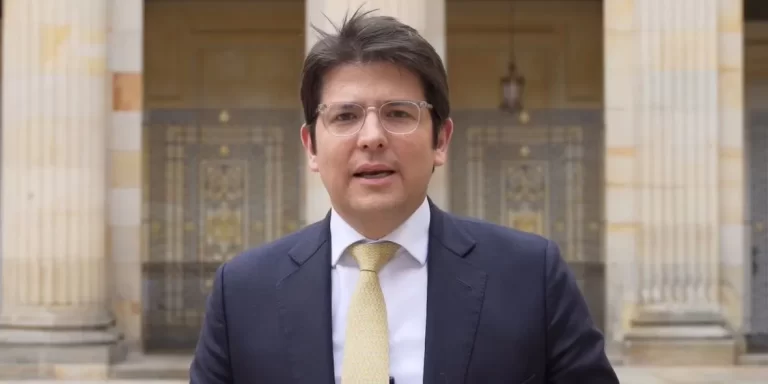[ad_1]
WASHINGTON/LONDON (Reuters) – Britain’s Brexit minister told a business audience in Washington on Friday that he hoped talks to leave the European Union would produce a good deal for both sides, although he conceded that discussions were “getting a bit tense”.
David Davis had just returned on Thursday from Brussels, where EU officials warned that so far progress in their negotiations had fallen short of what was needed to move on to discussion of their future relationship.
“I am a determined optimist,” Davis told the U.S. Chamber of Commerce. “Because I fundamentally believe that a good deal is in the interests of both the UK and the EU and the whole of the developed world.”
Davis came under pressure from the U.S. Chamber’s head of international affairs, Myron Brilliant, to lay out a clear path for Brexit for the 7,500 U.S. companies with operations in Britain – one that had “predictable transition periods” that minimized business disruption.
Negotiations so far have centered on Britain’s EU budget obligations, with the EU insisting the bill be agreed before talks can proceed to discuss areas like international trade.
Davis declined to say whether Britain would be open to paying for access to the single market during any post-Brexit transition period and said London was closely examining the bill for exiting the EU.
“It is getting a bit tense. I rule nothing in, nothing out,” Davis said.
Britain would expect to conclude a free-trade agreement with the United States once a transition period with the EU ends, Davis said. But he cautioned that any deal between two large economies such as Britain and the United States would be “quite complex”.
Davis appeared to seek to draw a line between Britain’s ambitions for global free-trade agreements and the protectionist line being followed by U.S. President Donald Trump, who has sought to impose trade tariffs and threatened to quit the North American Free Trade Area in order to boost domestic industry.
Davis said Britain would press for further liberalization of services and engage with international bodies like the World Trade Organization. Trump has said the United States would consider ignoring WTO rulings.
Britain has been courting the United States as it leaves the EU, with Prime Minister Theresa May becoming the first foreign leader to meet U.S. President Donald Trump after his inauguration in January.
She called on Trump then to renew the “special relationship” between the two countries, and she has pinned hopes on securing a trade deal with the country soon after Brexit to show that Britain can prosper outside the EU .
But she has been criticized by opposition politicians for trying to cozy up to Trump, whose unpredictable policy stances on issues such as trade and other international obligations have raised concern over whether Washington will stick to its global agreements.
Reporting by David Chance in Washington and Elizabeth Piper in London; Editing by Hugh Lawson and Larry King
[ad_2]
Source link






Leave a Reply